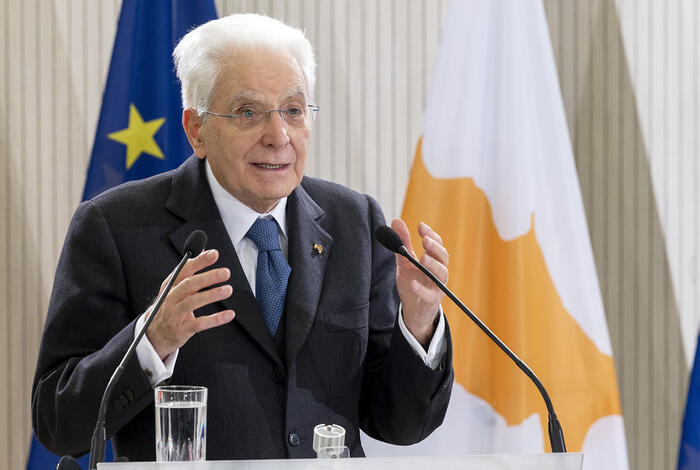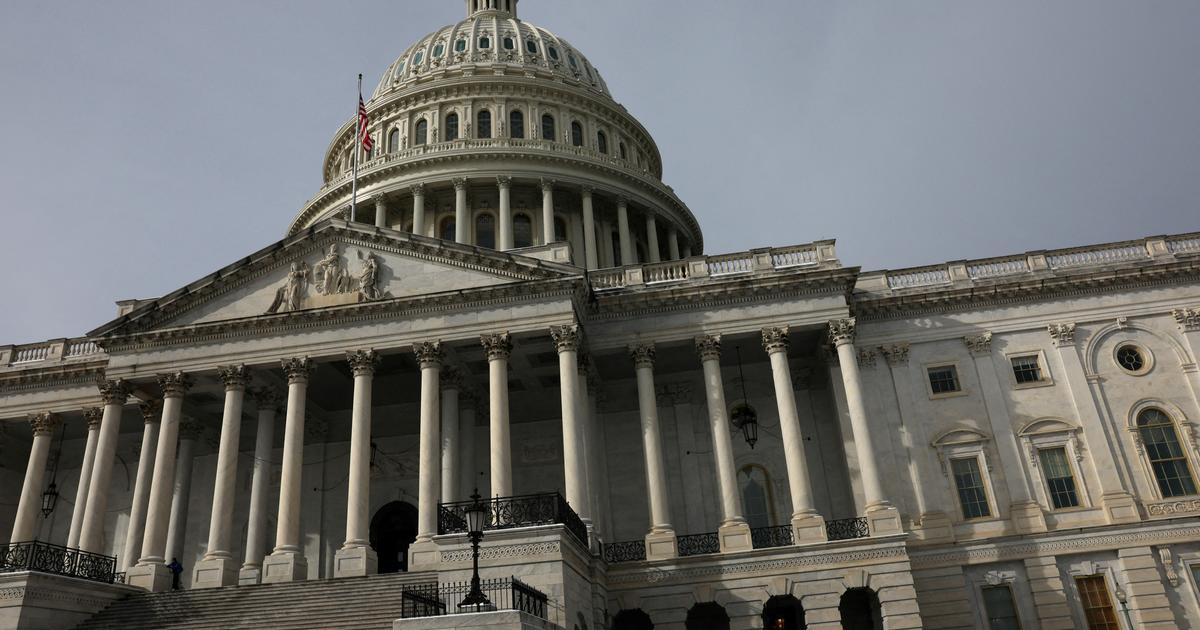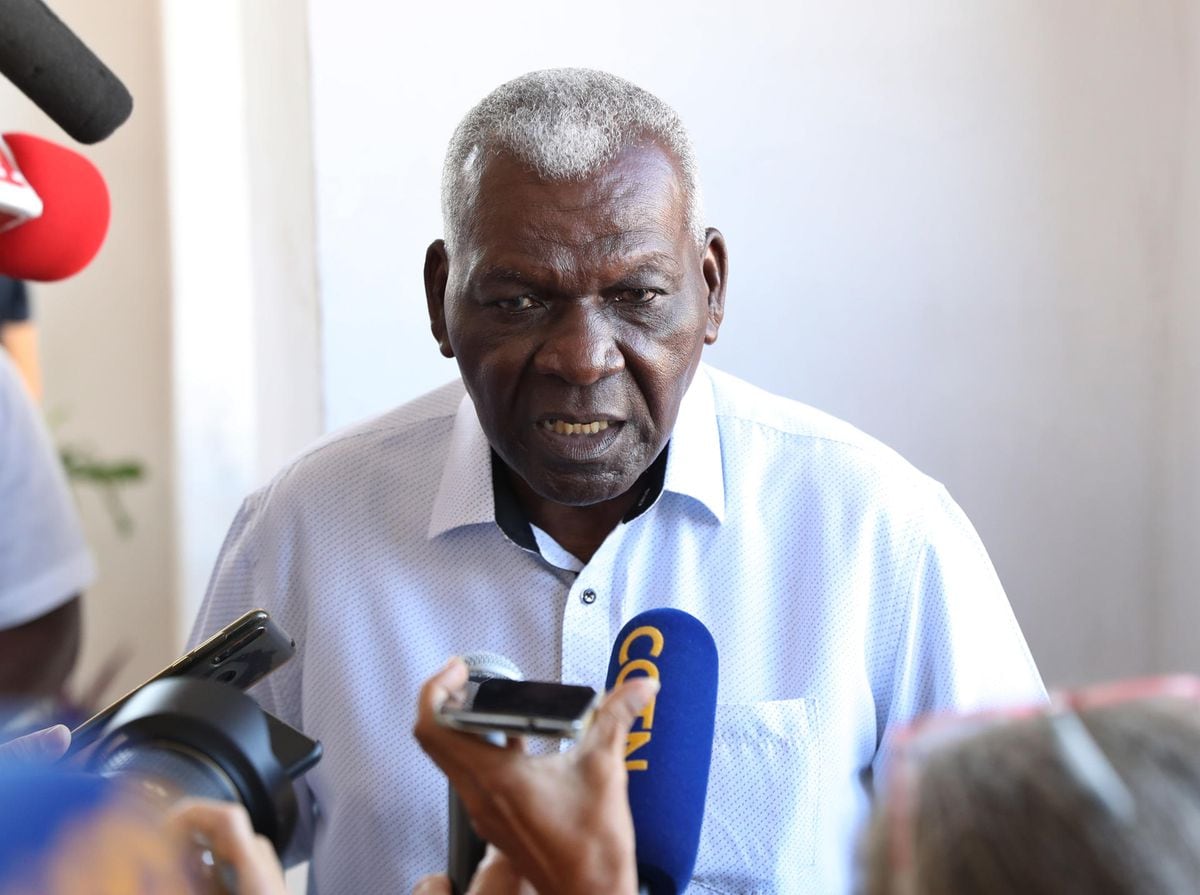United Nations Peace Corps in Ethiopia ALBERT GONZALEZ FARRAN / AFP
The statement of the meeting foreshadowed a formal negotiation on the management of the UN peacekeeping missions.
But the lack of agreement, this Monday, among the 193 member countries of the UN on the budget to finance during the next year the twenty interposition and peacekeeping operations in different parts of the world - a good part in Africa and the Middle East - has put the operatives on the brink of closure.
More information
The UN once again condemns the US embargo against Cuba
The UN asks rich countries to reallocate some of the IMF's new liquidity to those most in need
The current budget expires at midnight this Wednesday, and what was debated in the session held this Monday was the financing of the 6.5 billion dollars that it would cost to keep the missions active until June 30, 2022. The suspension of the deployments would have immediate character as soon as the deadline expires, this Thursday. Diplomatic sources familiar with the negotiation attribute the lack of agreement to changes in the procedure, in addition to logistical issues and the marked differences that China and Western countries face. According to other sources, the responsibility lies in the multiplication of last-minute demands by China and some African countries.
From the Ministry of Western Sahara to the Finul of southern Lebanon, passing through the checkpoint of eternalized blue helmets on the green line of Cyprus - a mission established in 1964 and reinforced ten years later - the contingent of 70,000 soldiers contributed by the member countries that are currently deployed under the flag of the United Nations could have their hours counted if an agreement is not reached urgently; With the civilians enrolled in the missions there are a total of 97,000 people under the blue flag, from 120 countries. "But at the same time, we continue to maintain hope and confidence that the member states will conclude this negotiation," said Catherine Pollard, head of management strategy for the United Nations, although she admitted the implementation of contingency plans in case. negotiations fail.The exercises are renewed annually, in periods beginning in July. Stephane Dujarric, spokesperson for the agency's general secretariat, confirmed that the different missions have already been advised of the possibility of immediate closure.
Pollard assured that if the deadline is exceeded, the UN Secretary General, the Portuguese António Guterres, will only be able to allocate funds to safeguard the assets of the missions and guarantee the protection and security of the personnel participating in them.
Jean-Pierre Lacroix, UN Under-Secretary-General for Peacekeeping Operations, said on Monday that the activity of the missions would be extraordinarily limited, and unable to carry out its normal functions, such as the protection of the civilian population in post-conflict areas, support the response of the countries where they are present in the fight against the coronavirus or mediation and accompaniment in peace processes. Like Pollard, also relying on a last minute pact, Lacroix recalled that last year's negotiations were equally complicated, and that they were resolved a week before the deadline expired, on June 23, 2020.
The United States, which under President Joe Biden has fully returned to the UN fold after Trump's four years of unilateralism, is the main contributor to peacekeeping missions, with 28% of the budget.
They are followed by contributions from China (15.2%) and Japan (8.5%).
Some missions, such as that of the Minurso - theoretically, the United Nations Mission for the Referendum in Western Sahara - were in turn pending a renewal that is now up in the air.
That of the Sahara expires on October 30, but its fate, and that of the rest of the operations, will depend on the next 48 hours.
Subscribe here
to the
newsletter
of EL PAÍS América and receive all the informative keys of the current situation in the region.







/cloudfront-eu-central-1.images.arcpublishing.com/prisa/YTHAYNQJRHOBVAPYHAT3GYMEHU.jpg)







